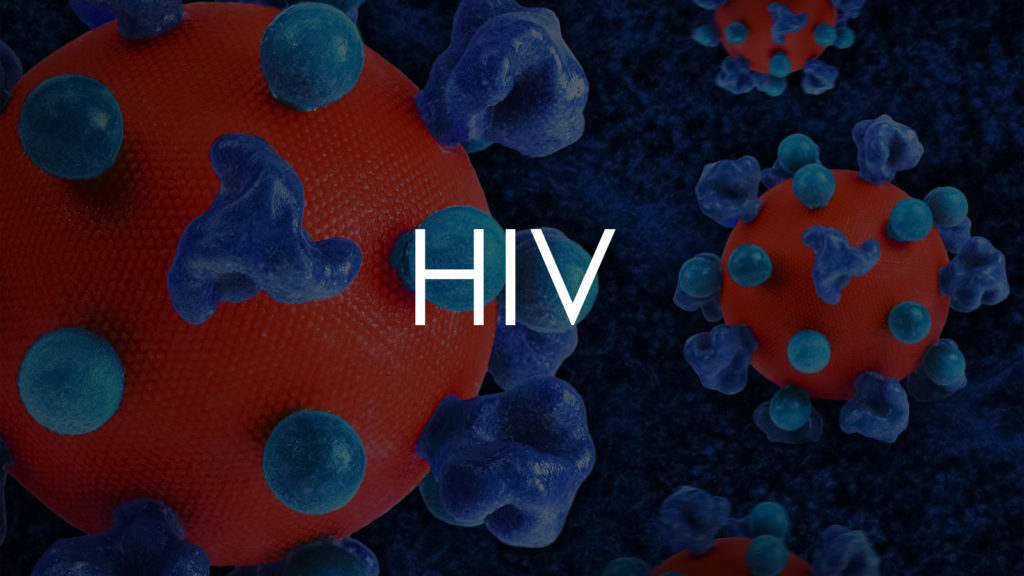Human Immunodeficiency Virus (HIV) is a chronic condition that, if untreated, can lead to a range of severe complications affecting various parts of the body. Understanding these complications is crucial for individuals living with HIV and their caregivers to manage and mitigate the risks effectively.

Cardiovascular complications
Increased risk of heart disease
People with HIV are at a higher risk of developing cardiovascular diseases, including heart attacks and strokes. This elevated risk is due to chronic inflammation caused by the virus and potential side effects of antiretroviral therapy (ART).
Hypertension
Hypertension, or high blood pressure, is more common in individuals with HIV. Regular monitoring and management through lifestyle changes and medication are essential to prevent further cardiovascular complications.
Neurological complications
HIV-Associated neurocognitive disorders (HAND)
HAND encompasses a range of cognitive impairments, from mild memory problems to severe dementia. These disorders can significantly affect the quality of life and require comprehensive management strategies.
Peripheral neuropathy
Peripheral neuropathy, a condition causing pain and numbness in the extremities, is a common complication of HIV. It can result from the virus itself or as a side effect of certain HIV medications.
Respiratory complications
Pneumocystis pneumonia (PCP)
PCP is a serious fungal infection that can be life-threatening in individuals with weakened immune systems, such as those with HIV. Prophylactic treatments and early diagnosis are critical in preventing this complication.
Tuberculosis (TB)
HIV significantly increases the risk of contracting TB, which can be more severe and harder to treat in HIV-positive individuals. Regular screening and treatment are essential to manage this risk.
Gastrointestinal complications
Chronic diarrhea
Chronic diarrhea is a common issue for people with HIV, often caused by infections or as a side effect of medications. Persistent diarrhea can lead to dehydration and weight loss, necessitating prompt medical intervention.
Liver disease
Liver disease, including hepatitis B and C, is more prevalent in HIV-positive individuals. The combination of HIV and hepatitis can accelerate liver damage, making regular monitoring and treatment crucial.
Dermatological complications
Kaposi’s sarcoma
Kaposi’s sarcoma is a cancer that causes lesions in the skin, mucous membranes, and other organs. It is more common in individuals with advanced HIV infection and requires specific oncological treatment.
Herpes simplex virus (HSV)
HSV can cause recurrent sores in the mouth or genital area, which are more frequent and severe in people with HIV. Antiviral medications can help manage these outbreaks.
Renal complications
HIV-associated nephropathy (HIVAN)
HIVAN is a kidney disorder directly linked to HIV infection. It can lead to chronic kidney disease and ultimately kidney failure if not properly managed.
Electrolyte Imbalances
Electrolyte imbalances, often resulting from chronic diarrhea or kidney issues, can lead to significant health problems. Regular monitoring and correction of these imbalances are necessary.
Hematological complications
Anemia
Anemia is a common complication of HIV, often resulting from chronic disease, medication side effects, or nutritional deficiencies. Treatment may include nutritional support and medications.
Thrombocytopenia
Thrombocytopenia, or low platelet count, can increase the risk of bleeding and bruising. This condition requires careful monitoring and treatment to prevent severe bleeding episodes.
Endocrine complications
Lipodystrophy
Lipodystrophy, characterized by abnormal fat distribution, is a common side effect of some ART medications. It can lead to metabolic complications and requires lifestyle modifications and medical treatments.
Diabetes mellitus
Individuals with HIV are at an increased risk of developing diabetes, partly due to ART. Regular screening and management through diet, exercise, and medications are essential.
Psychological complications
Depression and anxiety
Mental health disorders, including depression and anxiety, are prevalent among people with HIV. Access to mental health services and support is crucial for overall well-being.
Stigma and isolation
The stigma associated with HIV can lead to social isolation and psychological distress. Community support and education are vital in combating this stigma.
Conclusion
Understanding the wide range of complications associated with HIV is essential for effective management and improving the quality of life for those affected. Regular medical check-ups, adherence to treatment, and a supportive environment can help mitigate these complications and lead to better health outcomes.